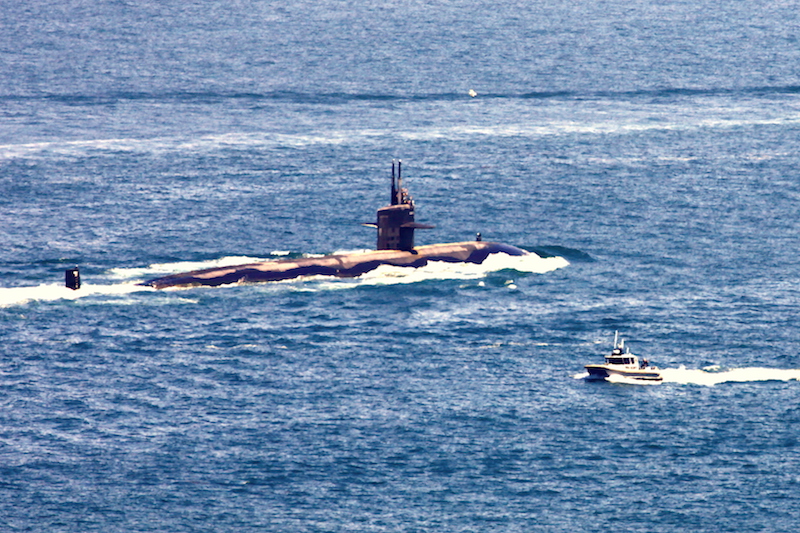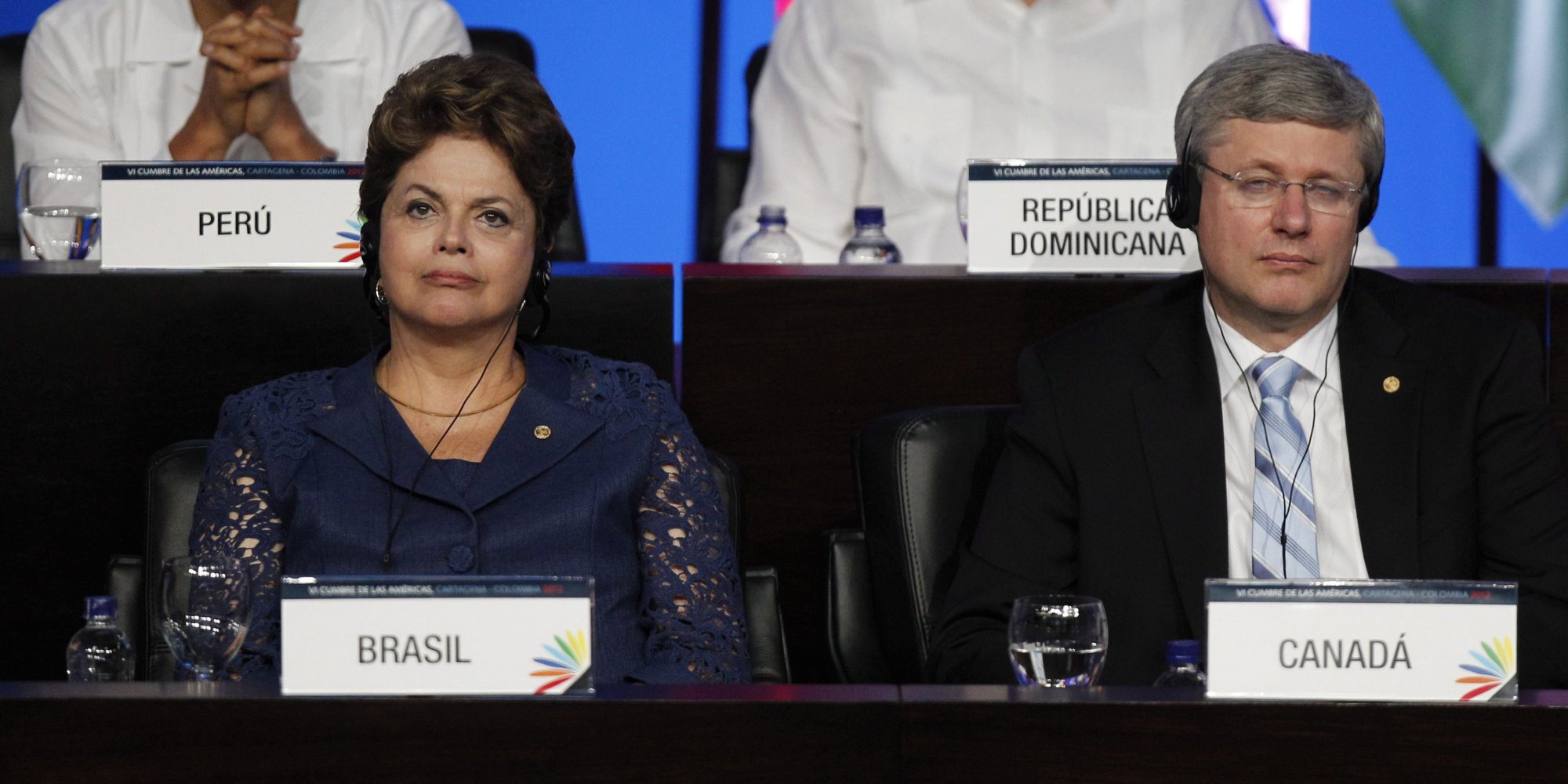While Scotland continues to pursue independence, its stance on future membership in NATO may only be based on assumptions which is both puzzling and distressing for a country ready to vote in only slightly over a year.

As a follow up to my previous piece on an independent Scotland remaining a member of NATO, an influential Scottish government committee has said that the Scottish National Party’s quest for independence is being impeded by significant policy gaps. The Foreign Affairs Select Committee said that First Minister Alex Salmond’s stance on Scotland’s future membership in NATO and the European Union is based on assumptions and assertions without any analysis of the costs of establishing new intelligence and diplomatic services. The committee’s report on the foreign policy implications of independence said that the Scottish government had failed to do much of the basic legal and political groundwork on its foreign policy. Committee chairman Richard Ottoway commented that nothing is preventing Scotland from being an independent member of the international community, but assumptions are being made on non-concrete evidence and more information is needed on the costs and risks associated with independence.
In analyzing the claims of the committee, they are not surprising given the complexity and extensive policy effects that would accompany formal independence. As a part of a long-time NATO member, Scotland’s foreign and defence policy is extremely intertwined with the policies and practices of the Alliance. As the committee stated, an independent Scotland would have to establish new intelligence and diplomatic services and establish its own links with NATO. This is a costly and complex process that would first require proceeding through the formal application procedure of becoming member which NATO recently asserted Scotland would have to do to remain in the Alliance. Salmond recently stated that Scotland would continue to be an active member of NATO, but as this report states, this claim seems to only be based on assumption. On what grounds did Salmon truly believe Scotland would remain active in NATO if according to this report, he had not even sought legal advice on the matter? If claims such as this are true, it does not bode well for Scotland’s readiness to become an independent nation.
The claim that Scotland’s stance on NATO membership is based merely on assumptions is in a sense illustrative of the overwhelming prominence of domestic politics today. Since the economic crisis began in 2008 and even before, foreign policy issues have been taking a backseat to domestic concerns, most notably the economy. Such issues are more direct and obvious to the average voter and policy leaders as well as the media have helped make them such so prominent that foreign policy is often made a secondary concern. The most prevalent claim in favor of Scottish independence is that it would allow the government to issue better policies to improve the economy. Out of all of the arguments that the Scottish government could use to drum up support for secession, an improved economy would surely be at the top of the list. With the severity of economic problems and the way in which the media presents the news to the general public, the average citizen is becoming more ignorant of the major foreign policy issues. This report suggests that such ignorance may even be extending to those wielding political and decision-making power.
On the other hand, if what this committee report suggests is correct, it is distressing that those in power are attempting to gain public support for secession based merely on assumptions with little analysis behind them. Seceding from a country would arguably have the greatest effect on a nation’s international standing and its foreign relationships with other countries. How a thorough analysis of the costs and benefits of such a decision was not, allegedly, carried out, along with seeking expert legal advice is quite baffling. The government must look beyond domestic affairs and consider all facets of how such a prominent change to Scotland’s international standing could affect its place in important international regimes it has long been a part of. Judging by the conclusions of this report, Scotland is far from being prepared for independence. Based on this information, it would be advisable for citizens to do their own analysis of the costs of secession before it comes time to vote in the referendum next September.




